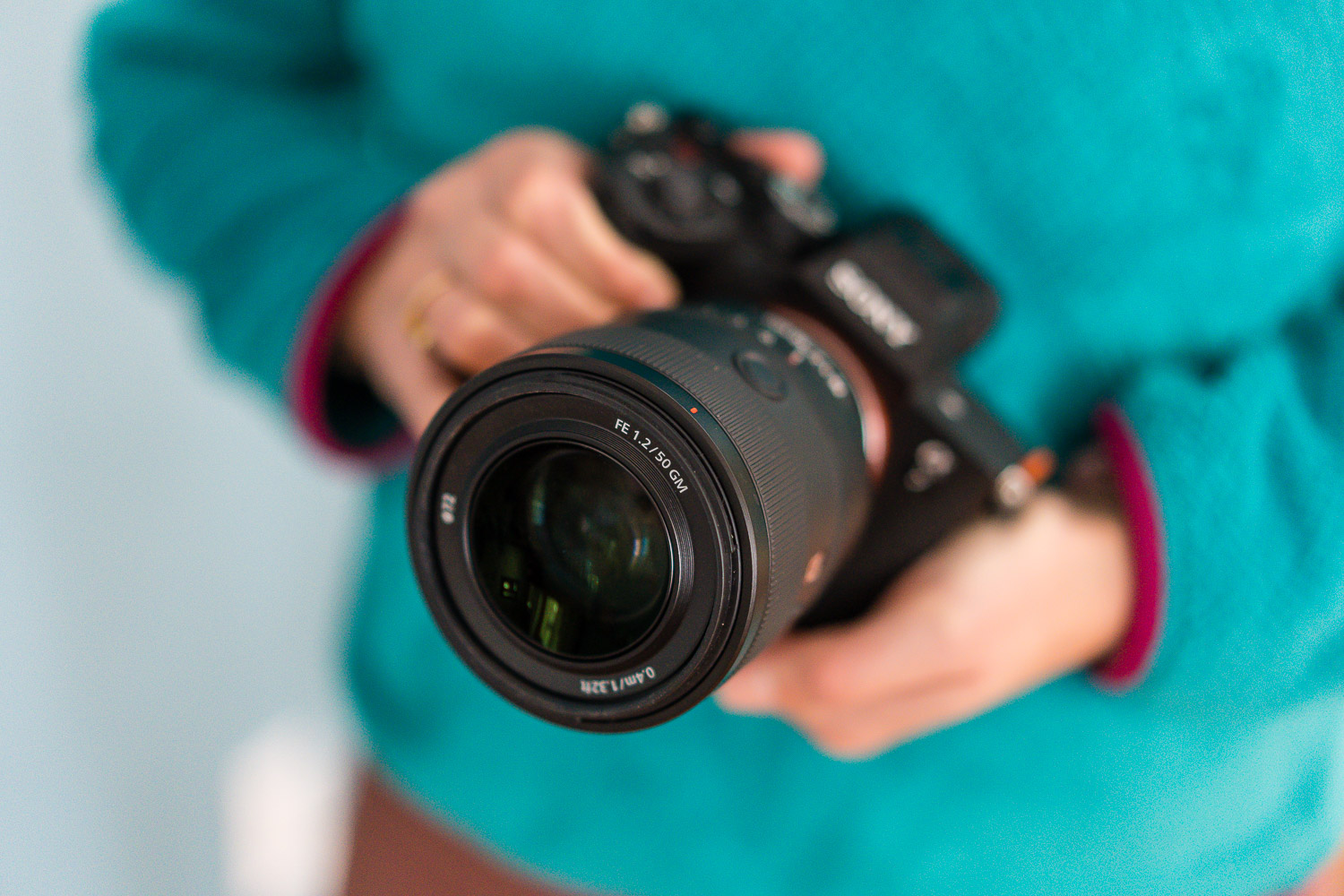Rise by Six: Your Daily Dose of Inspiration
Explore insights and stories that elevate your day.
Click Click: What Your Camera Wish You Knew
Unlock camera secrets that could transform your photography! Discover tips your camera wishes you knew to capture stunning images.
5 Essential Tips Your Camera Wishes You Knew About Exposure
Understanding exposure is vital for any photographer aiming to capture stunning images. Here are 5 essential tips your camera wishes you knew about exposure:
- Know the Exposure Triangle: Master the relationship between aperture, shutter speed, and ISO. Each element affects the other and understanding this interplay is crucial for achieving the desired exposure.
- Use Exposure Compensation: This handy feature allows you to adjust the exposure settings your camera suggests. Always remember, a slight increase or decrease can make a significant difference in your photos.
- Assess the Lighting Conditions: Different environments require different settings. Always analyze the light in your scene before shooting.
- Histogram Awareness: Utilize your camera’s histogram to gauge exposure. Aim for a balanced graph that avoids clipping on either end.
- Practice, Practice, Practice: There’s no substitute for experience. Regularly experiment with different settings and scenes to truly master exposure.

Understanding Camera Settings: What Every Photographer Should Know
Understanding camera settings is essential for every photographer looking to elevate their craft. Knowing how to manipulate the three primary settings—aperture, shutter speed, and ISO—can dramatically influence the outcome of your images. The aperture, expressed in f-stops, controls the amount of light entering the lens and affects depth of field, which is critical for portraits and landscape photography. Meanwhile, shutter speed determines how long the camera's sensor is exposed to light, playing a vital role in freezing action or creating motion blur. Lastly, ISO impacts the camera's sensitivity to light, allowing you to shoot in varying lighting conditions, but be cautious as higher ISOs can introduce noise into your images.
Mastering these camera settings requires practice and experimentation. Here are some tips to get you started:
- Experiment with Aperture: Try shooting at different apertures to see how it changes the background blur and overall mood of your photos.
- Practice with Shutter Speed: Capture moving subjects at various shutter speeds to learn how to achieve the effect you desire, from crisp motion to blurred action.
- Adjust ISO Wisely: For nighttime or low-light photography, increase the ISO, but always consider the trade-off with image quality.
Why Your Camera Might Be Depressed: Common Misconceptions Explained
When we discuss the idea that your camera might be depressed, it is essential to clarify the misconceptions surrounding this concept. Many individuals may anthropomorphize their cameras, believing that just like humans, their devices can experience emotions. In reality, cameras do not possess feelings; rather, they have limitations based on their design and functionality. Factors such as lighting conditions, settings, and even the quality of the lens can significantly affect image output. These technical aspects are often mistaken for signs of a 'depressed' camera when, in fact, a simple adjustment can solve the problem.
An additional common misconception is that a camera becoming less effective is a sign of age, similar to human decline. While it's true that cameras can show declining performance over time, this is primarily due to wear and tear rather than emotional stress. Dust accumulation, sensor degradation, and outdated technology can all contribute to a camera's performance issues. Regular maintenance and understanding the evolving nature of technology can help mitigate these concerns. Remember, instead of thinking your camera is 'depressed', focus on giving it the care and upgrades it needs to capture the best images possible.